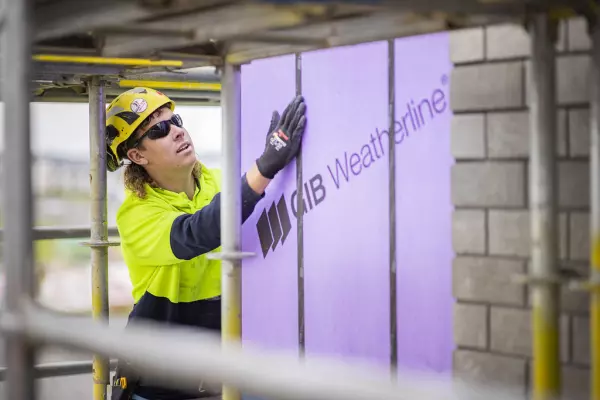New Zealand’s consumers are increasingly pessimistic about the economy as accelerating inflation squeezes their bank balances and leaves them unwilling to loosen the purse strings.
Consumer confidence dropped 7 points to 92.1 in the March quarter in the Westpac McDermott Miller consumer confidence, well off the average of 110.4, where a reading above 100 separates optimism from pessimism. That’s a gloomier outlook than in the initial outbreak of covid-19, but not quite as gloomy as the depths of the global financial crisis, when NZ’s economy was in its deepest recession since the 1990s.
Westpac NZ acting chief economist Michael Gordon said NZ is being buffeted “by a range of powerful economic headwinds” and many households had reported in the survey that their financial position had deteriorated.
Of the 1,559 people surveyed, a net 12.9% said their current situation was worse than it was a year earlier, compared to 10.7% in the December period, and a net 2.5% anticipate their own finances will improve in a year’s time, down from 6.9% in the prior quarter.
“Confidence is low in all parts of the country, and households are nervous about the outlook for the coming year,” Gordon said.
The annual pace of consumer inflation is at a 30-year high of 5.9% and is expected to accelerate as the spike in global oil prices drives up the cost of moving goods domestically and internationally.
That was among the contributors of The Warehouse today reporting an 8.2% fall in first-half profit, despite experiencing record sales through summer.
The Westpac McDermott Miller survey showed a reluctance among households to buy big-ticket items, with a net 6.9% saying it was a bad time to buy, compared to a net 0.4% saying it was a good time in the December period. That’s the weakest reading in 14 years.
Westpac’s Gordon said higher borrowing costs had also “taken a bite” out of households’ disposable incomes and the rapid increase of the omicron outbreak would be worrying for many.
Men’s confidence was largely unchanged at 99.9 points, while women were considerably more pessimistic, with a drop of 14.7 points to 84.7.
“Women are likely to be feeling the squeeze on household finances with rising prices and the threat of more to come as the repercussions of sanctions on Russia continue to ripple out around the world,” McDermott Miller market research director Imogen Rendall said.
Confidence among people between the ages of 18 and 29 also fell below 100 for the first time since the outbreak, dropping 15.2 points to 91.9. That age group typically makes up the bulk of the workforce for businesses that have been the hardest hit in the omicron outbreak, such as retail and hospitality operators, adding another degree of uncertainty at a time when traditionally low wages are squeezed by rising prices.
People aged 30-to-49 kept a modicum of optimism with a largely unchanged reading of 103.2, although people who are 50-plus grew more pessimistic with a reading of 82.8, down 11.7 points.
“Not only do a greater proportion in this age group report that they are worse off financially compared to a year ago, a considerable number expect to be worse off this time next year,” Rendall said.






